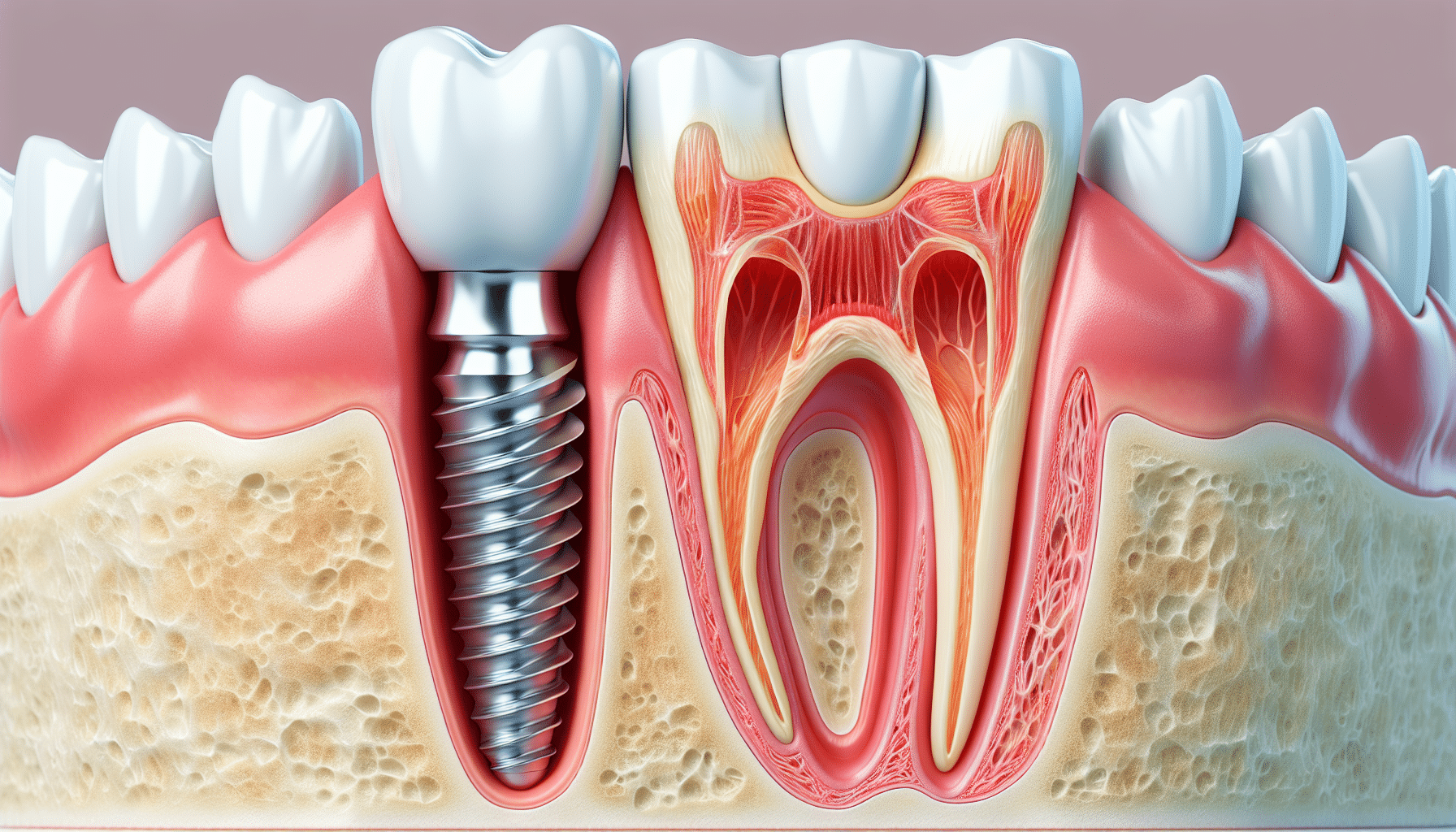
Dental implants are a long-lasting and natural-looking solution for replacing missing teeth. Unlike dentures or bridges, dental implants are surgically placed into the jawbone, providing a sturdy foundation for replacement teeth. Implants consist of three main components:
Dental implants not only restore the appearance of your smile but also help preserve the jawbone and support the overall structure of your face.
Dental implants offer several benefits over other tooth replacement options like dentures or bridges. These benefits include:
There are several types of dental implants available, depending on your specific needs and the number of teeth missing:
A single tooth implant is used to replace one missing tooth. The implant post is surgically placed into the jawbone, and after healing, a crown is attached to restore the appearance and function of the missing tooth.
If you have multiple missing teeth, multiple implants can be placed to support a bridge or individual crowns. This option is ideal for replacing multiple teeth without affecting nearby natural teeth.
For patients who are missing all or most of their teeth, full arch implants provide a complete solution. In this procedure, 4 to 6 implants are strategically placed in the jawbone to support a full arch of prosthetic teeth. This is also known as the All-on-4 or All-on-6 technique and offers a more secure alternative to traditional dentures.
Mini implants are smaller in diameter than traditional implants and are often used in cases where there is less bone density. They can also be used to stabilize dentures in place for better comfort and function.
The process of getting dental implants typically involves several steps and requires time for healing to ensure a successful outcome:
Your dentist or oral surgeon will evaluate your oral health to determine if you are a good candidate for dental implants. This may involve X-rays, CT scans, and a thorough examination of your jawbone and gum health.
During the surgical procedure, the implant post is placed into the jawbone. This surgery is usually performed under local anesthesia or sedation for comfort. The implant is then allowed to heal and fuse with the jawbone, a process known as osseointegration, which typically takes several months.
Once the implant has successfully integrated with the bone, the abutment is attached to the implant post. This serves as the connector between the implant and the crown.
Finally, a custom-made crown is placed on the abutment, completing the process. The crown is designed to match the color, size, and shape of your natural teeth, providing a seamless and natural-looking result.
Most people who have lost one or more teeth due to injury, decay, or gum disease are candidates for dental implants. However, ideal candidates should:
In cases where jawbone density is insufficient, additional procedures such as bone grafting may be necessary to build up the bone and ensure the implant’s stability.
The cost of dental implants can vary depending on several factors, including the number of implants needed, the type of implant, and whether additional procedures (like bone grafting) are required. On average, a single dental implant can cost between $3,000 and $5,000 per tooth, while full arch implants (All-on-4 or All-on-6) can range from $15,000 to $30,000 per arch.
Many dental insurance plans cover part of the cost of dental implants, especially if they are considered medically necessary. Be sure to check with your provider for specific coverage details.